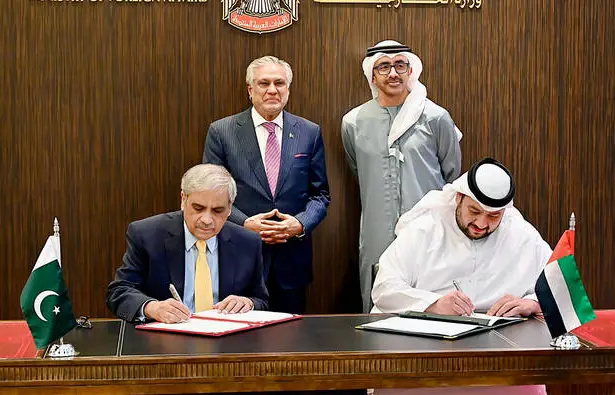
Abu Dhabi, UAE – June 25, 2025 – In a significant development aimed at further strengthening the already robust bilateral relations, Pakistan and the United Arab Emirates (UAE) have signed a Memorandum of Understanding (MoU) on the mutual exemption of entry visa requirements for holders of official and diplomatic passports. This pivotal agreement was a key outcome of the 12th session of the Pakistan-UAE Joint Ministerial Commission (JMC), held in Abu Dhabi, underscoring the deep-rooted partnership and shared vision between the two brotherly nations.
The agreement signifies a strategic move towards facilitating smoother travel and enhancing cooperation at governmental and diplomatic levels between Pakistan and the UAE visa . This exemption will undoubtedly streamline processes for officials and diplomats, fostering closer ties and more efficient engagement across various sectors.
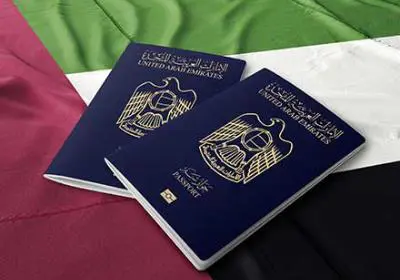
A Landmark Agreement at the Joint Ministerial Commission
The 12th session of the Pakistan-UAE Joint Ministerial Commission, co-chaired by Pakistan's Deputy Prime Minister and Foreign Minister Mohammad Ishaq Dar and UAE's Deputy Prime Minister and Minister of Foreign Affairs Sheikh Abdullah bin Zayed Al Nahyan, served as the highest institutionalized platform for bilateral cooperation. The meeting, which aimed to deepen strategic, economic, and development cooperation, culminated in the signing of several crucial agreements, with the visa exemption being a highlight.
During the commission meeting, both sides thoroughly reviewed the full scope of their bilateral relations, exploring avenues for enhanced collaboration in a multitude of areas. The discussions encompassed trade, investment, energy, infrastructure development, information technology, banking, culture, aviation, railways, food security, climate change, defense, and healthcare. The focus was on strengthening institutional mechanisms and promoting inter-ministerial coordination, reflecting a shared commitment to a dynamic and progressive partnership.
Facilitating Diplomatic and Official Travel
The newly signed MoU on mutual exemption of entry visa requirements is specifically tailored for individuals holding official and diplomatic passports. This means that government officials and accredited diplomats from both Pakistan and the UAE will now be able to travel to each other's countries without the prior necessity of obtaining an entry visa. This waiver simplifies travel logistics, reduces bureaucratic hurdles, and facilitates more frequent and efficient official exchanges.
Historically, travel for Pakistani nationals holding official passports to the UAE often required a "Note Verbal" from Pakistan's Ministry of Foreign Affairs, indicating the purpose of entry and sponsorship details. Similarly, UAE officials traveling to Pakistan would have followed specific protocols. This new agreement aims to largely circumvent such requirements for these specific passport categories, making official visits more seamless.
Broader Implications for Bilateral Relations
Beyond the immediate convenience for officials, this visa exemption symbolizes a heightened level of trust and cooperation between Pakistan and the UAE. It reflects a mutual recognition of the importance of diplomatic relations and the need to foster closer interaction at the government level. Such agreements are often indicative of a strengthening strategic partnership and a commitment to shared goals.
- Enhanced Diplomatic Engagement: The ease of travel will encourage more frequent high-level visits, working groups, and consultations between ministries and departments of both countries.
- Streamlined Bureaucracy: Reduced paperwork and faster entry procedures will allow officials to focus more on substantive discussions and cooperative initiatives.
- Symbol of Friendship: This move reinforces the already strong bonds of brotherhood and friendship that characterize the relationship between Pakistan and the UAE.
A Comprehensive Partnership Beyond Visas
While the visa exemption for official and diplomatic passports is a significant outcome, it is part of a broader framework of cooperation discussed at the JMC. Other notable agreements and discussions included:
- Memorandum of Understanding on the Establishment of a Joint Task Force to Promote Investments: This signifies a dedicated effort to boost UAE investments in strategic sectors within Pakistan, aiming to unlock the full potential of their mutually beneficial economic partnership.
- Agreement on Artificial Intelligence and Digital Economy: Reflecting a forward-looking approach, this agreement highlights the commitment of both nations to collaborate in cutting-edge technological fields, which are crucial for future economic growth.
- Review of Bilateral Relations: The JMC reviewed progress across various domains, including trade, banking, culture, investment, aviation, railways, energy, food security, climate change, defense, healthcare, manpower, higher education, and information technology. This comprehensive review demonstrates the multifaceted nature of their relationship.
- Commitment to Peace and Stability: Both sides reaffirmed their commitment to regional peace and stability, engaging in exchanges on regional and global developments.
Looking Ahead: The 13th JMC Session
The successful convening of the 12th JMC session and the signing of these landmark agreements underscore the deep-rooted and multifaceted relationship between Pakistan and the UAE. Both parties expressed satisfaction with the outcomes and have agreed to hold the 13th session of the Joint Ministerial Commission in Pakistan on mutually agreed-upon dates. This ongoing dialogue and commitment to institutional mechanisms will continue to drive the partnership forward.
The visa exemption for official and diplomatic passports is a tangible manifestation of this deepened relationship, paving the way for more seamless interaction and greater collaboration between Pakistan and the UAE in the years to come.
;More Travel News
-
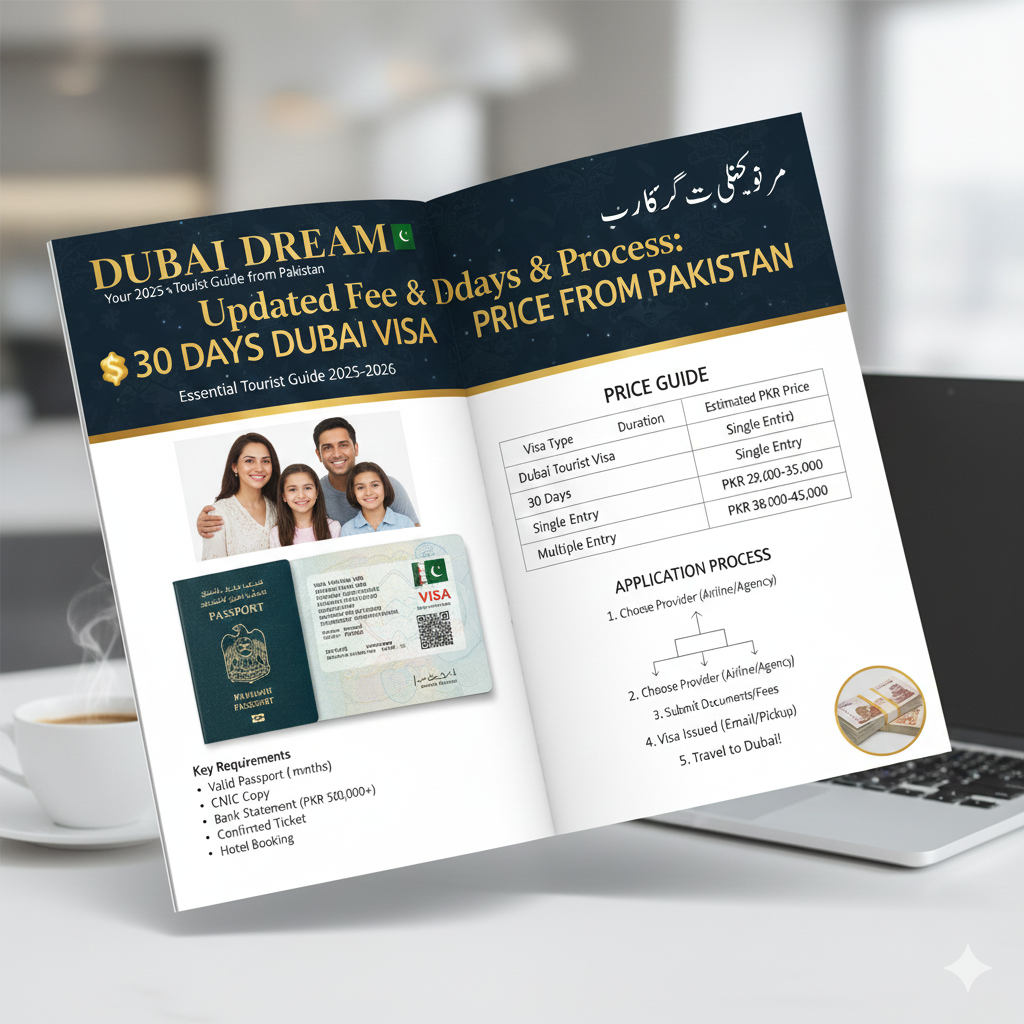 24-Nov-202530 Days Dubai Visa Price from Pakistan tourist Guide 2025-2026
24-Nov-202530 Days Dubai Visa Price from Pakistan tourist Guide 2025-2026 -
 09-Jan-2026Saudi Arabia Announces Final Dates for Umrah Visa 2026
09-Jan-2026Saudi Arabia Announces Final Dates for Umrah Visa 2026 -
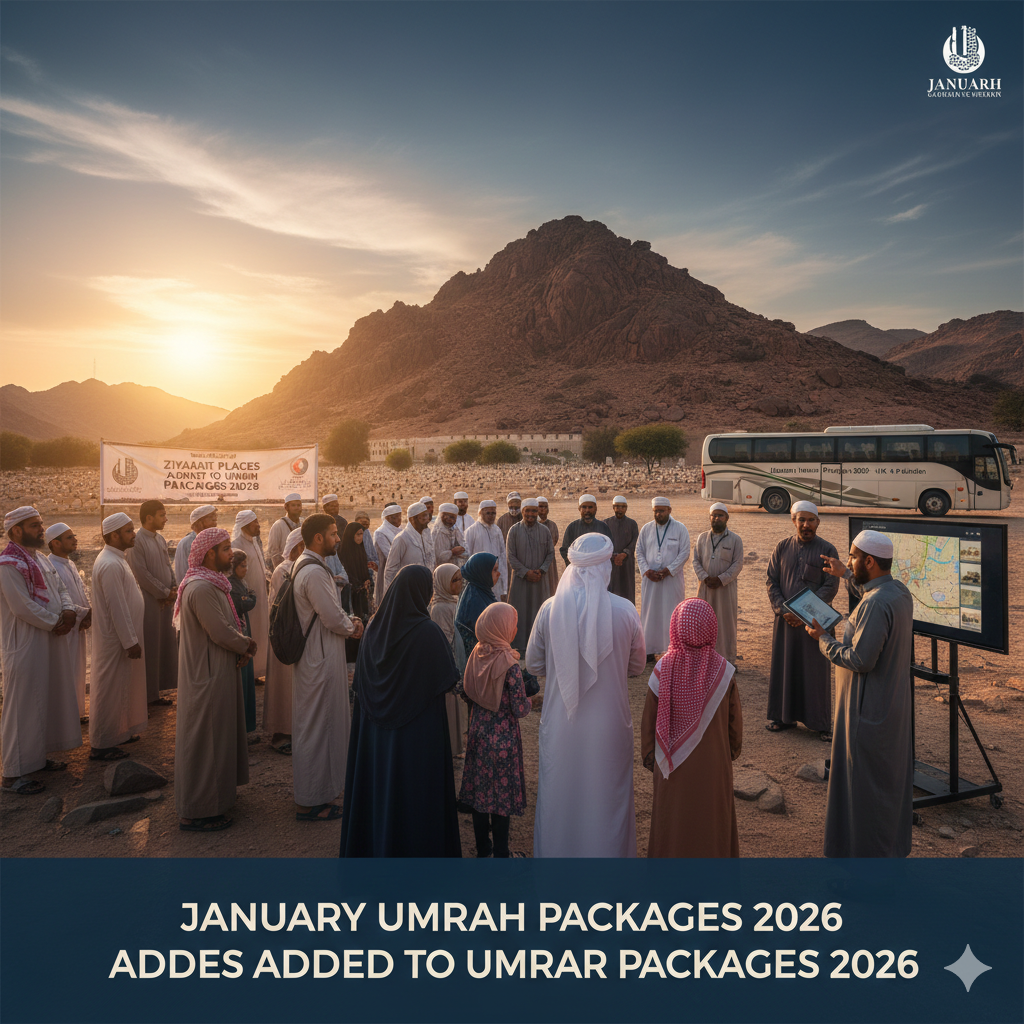 15-Jan-2026Ziyarat Places Added to Umrah Packages 2026
15-Jan-2026Ziyarat Places Added to Umrah Packages 2026 -
 23-Apr-2025How to book and board Hermain train during Umrah and Hajj
23-Apr-2025How to book and board Hermain train during Umrah and Hajj -
 27-Oct-2025The Best Time of Year to Perform Umrah
27-Oct-2025The Best Time of Year to Perform Umrah -
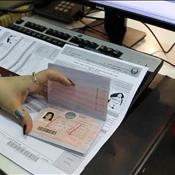 08-Feb-2023UAE Launches New Visa Validity Extension Service Online
08-Feb-2023UAE Launches New Visa Validity Extension Service Online -
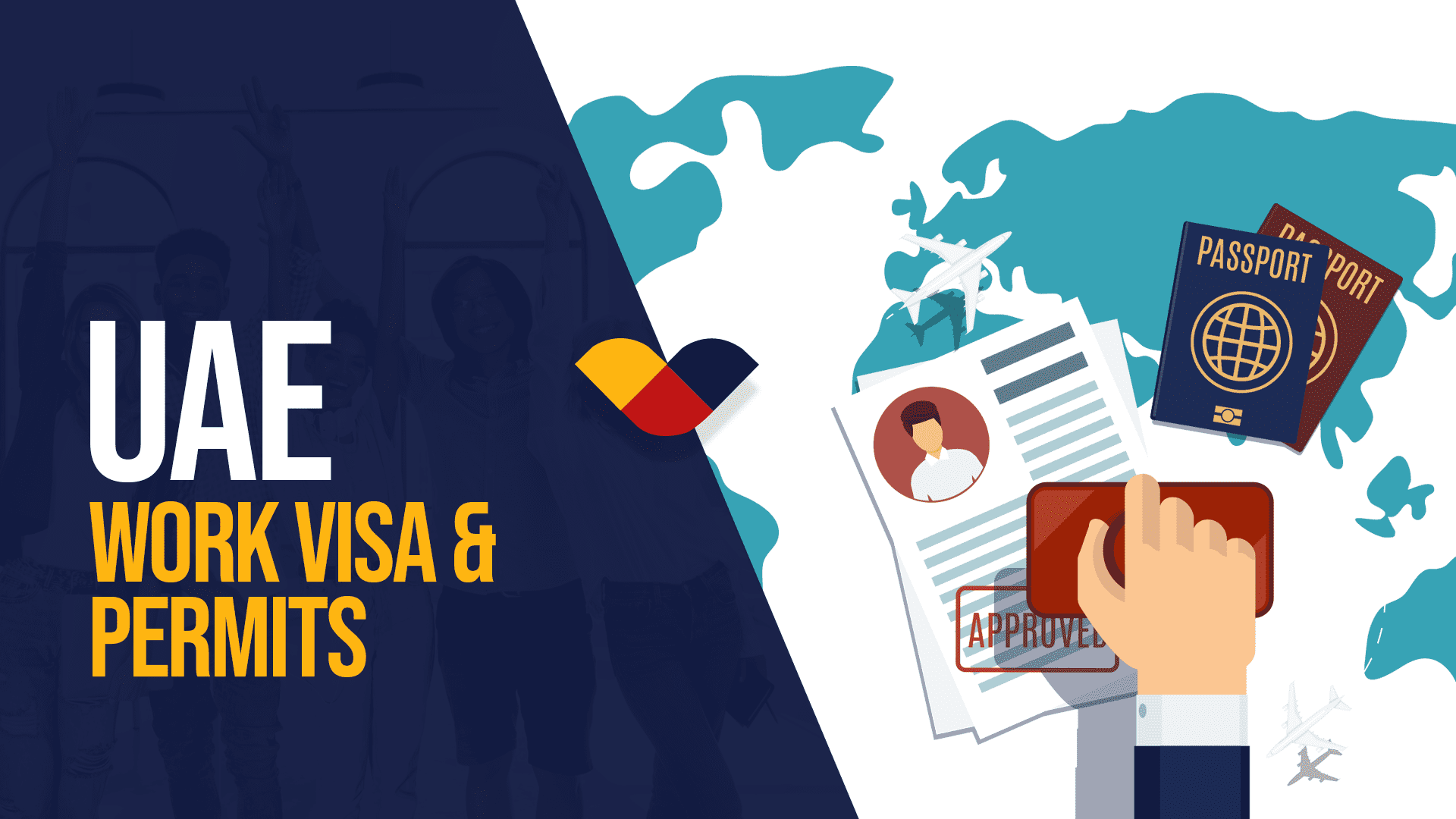 06-May-2025The Path to Employment Guide to UAE Work Permits for Foreign Workers
06-May-2025The Path to Employment Guide to UAE Work Permits for Foreign Workers -
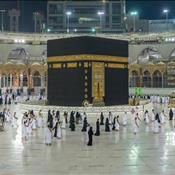 15-Apr-2022Umrah will Remain Open till 28th Shawwal 1443
15-Apr-2022Umrah will Remain Open till 28th Shawwal 1443 -
 21-May-2021Saudi Arabia New Vaccine Conditions Bring Pakistani Travellers In A Trouble
21-May-2021Saudi Arabia New Vaccine Conditions Bring Pakistani Travellers In A Trouble -
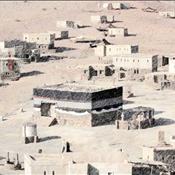 07-Apr-2020A Brief Look At When Hajj Was Not Performed in History
07-Apr-2020A Brief Look At When Hajj Was Not Performed in History -
 10-Mar-2021FBR Allows Tourists To Import Vehicles Without Duties For 6 Months
10-Mar-2021FBR Allows Tourists To Import Vehicles Without Duties For 6 Months -
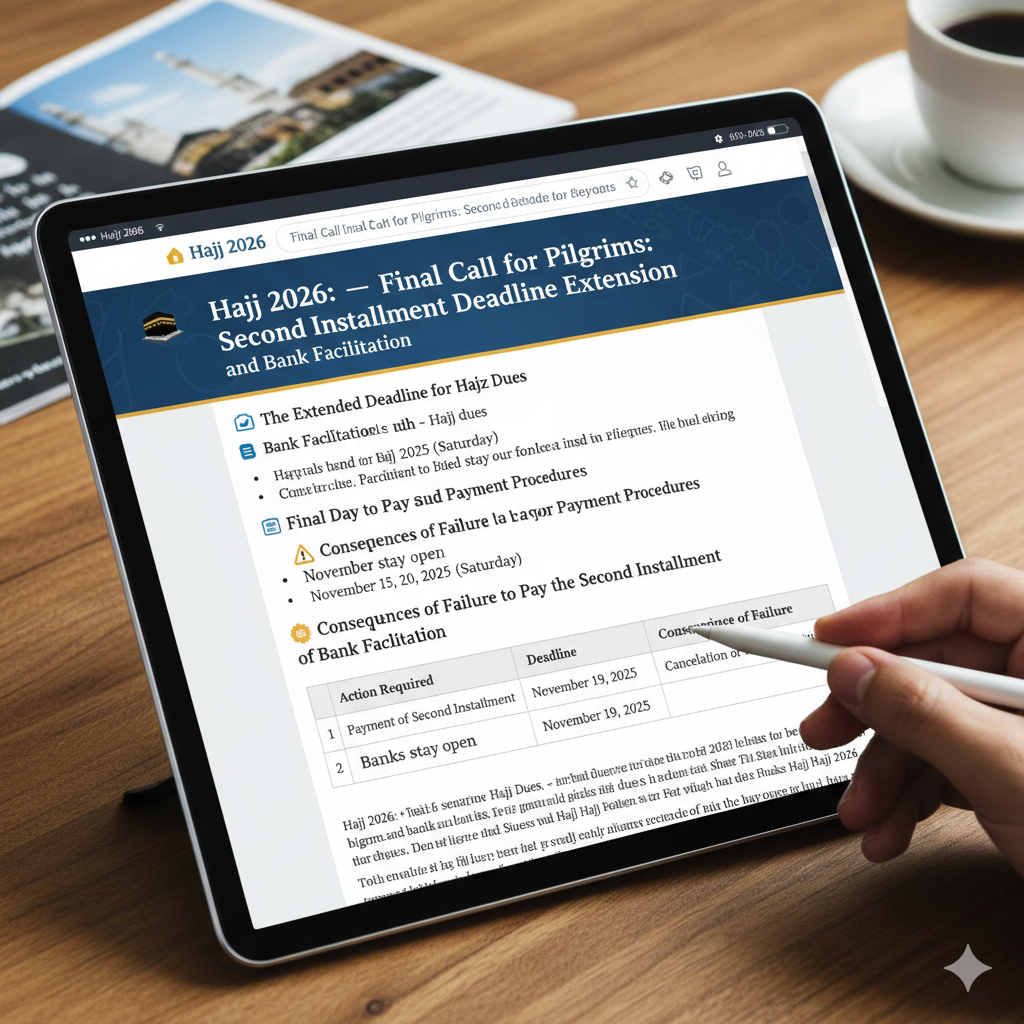 18-Nov-2025Hajj 2026 Second Installment Deadline Extension and Bank Facilitation
18-Nov-2025Hajj 2026 Second Installment Deadline Extension and Bank Facilitation
